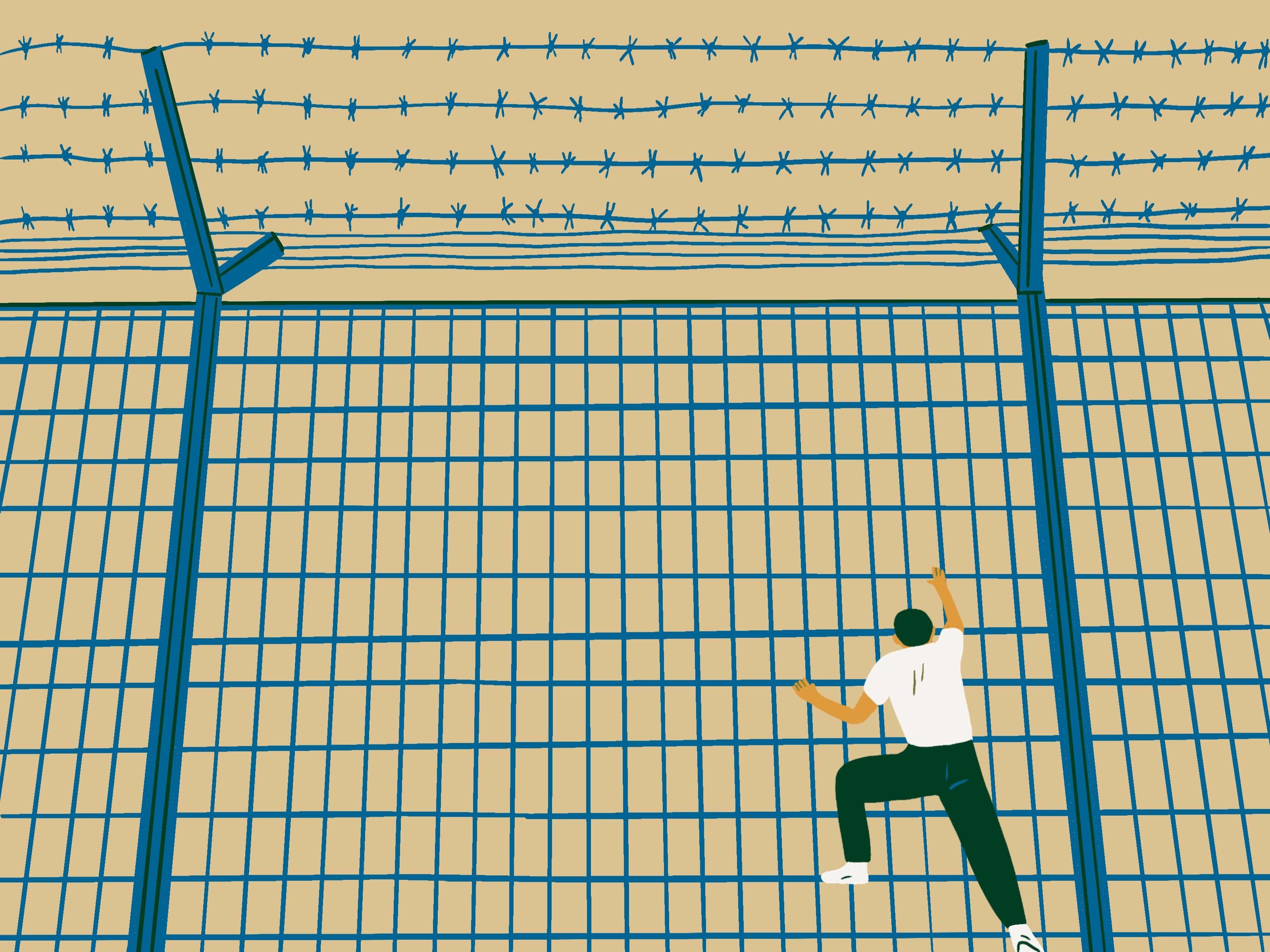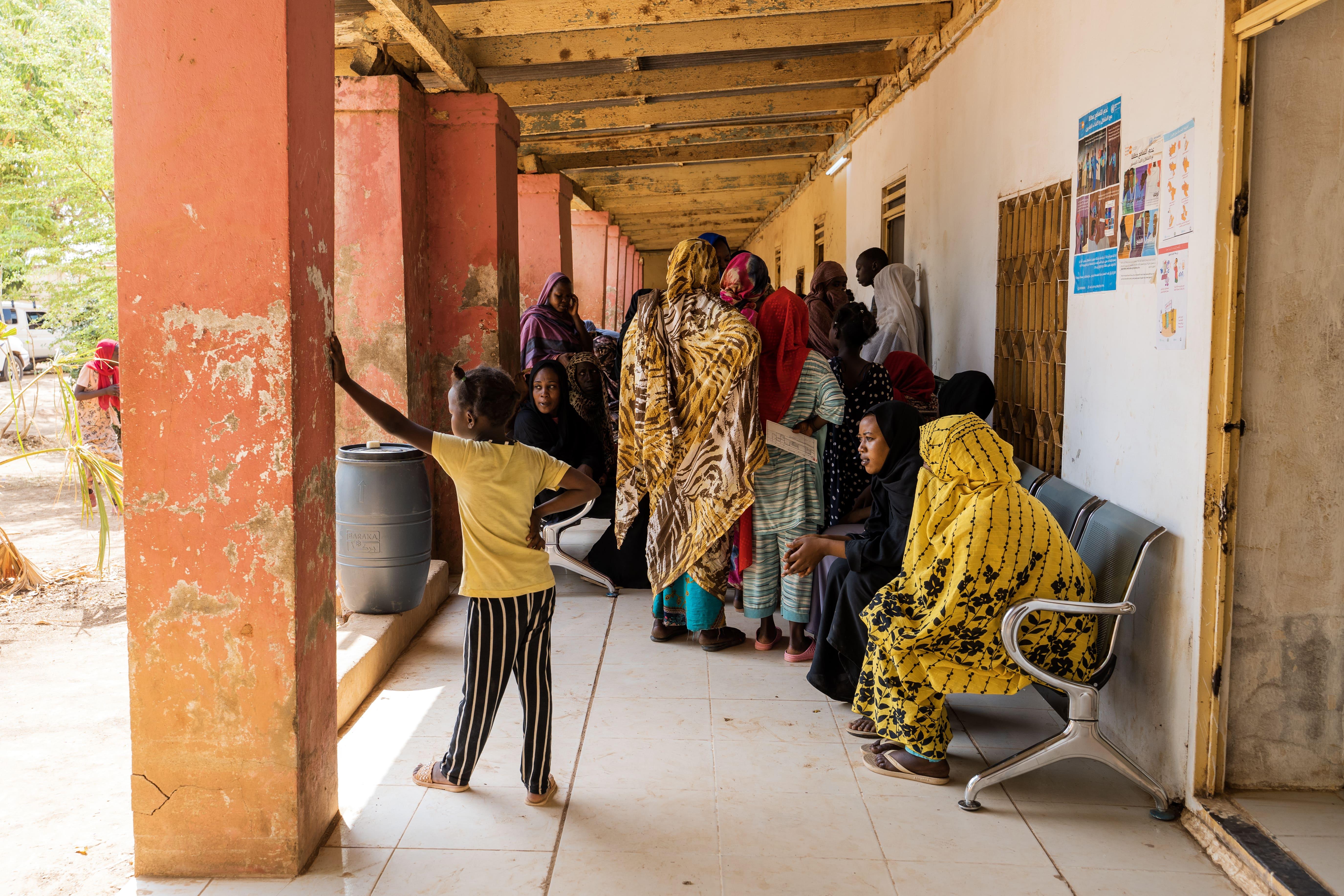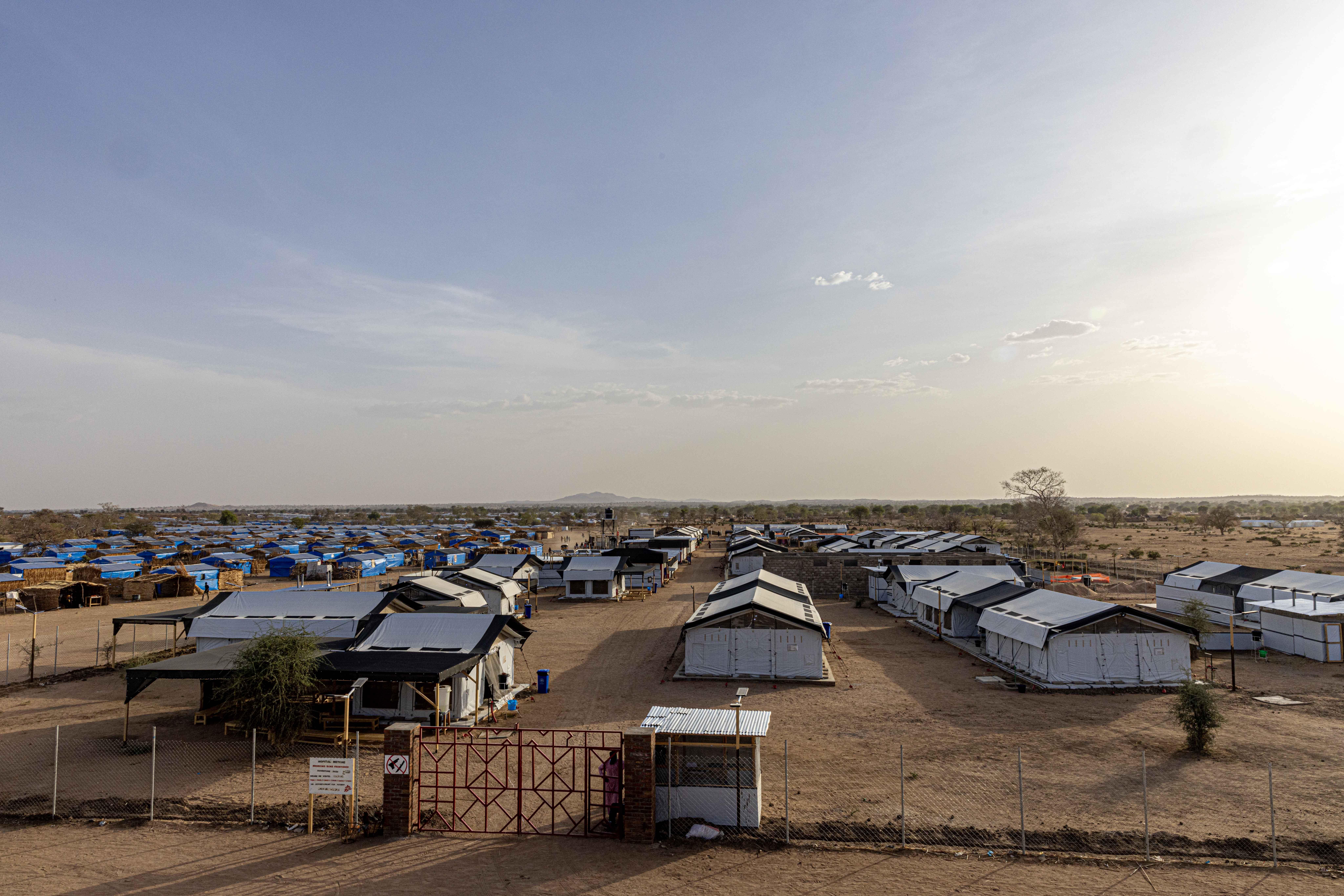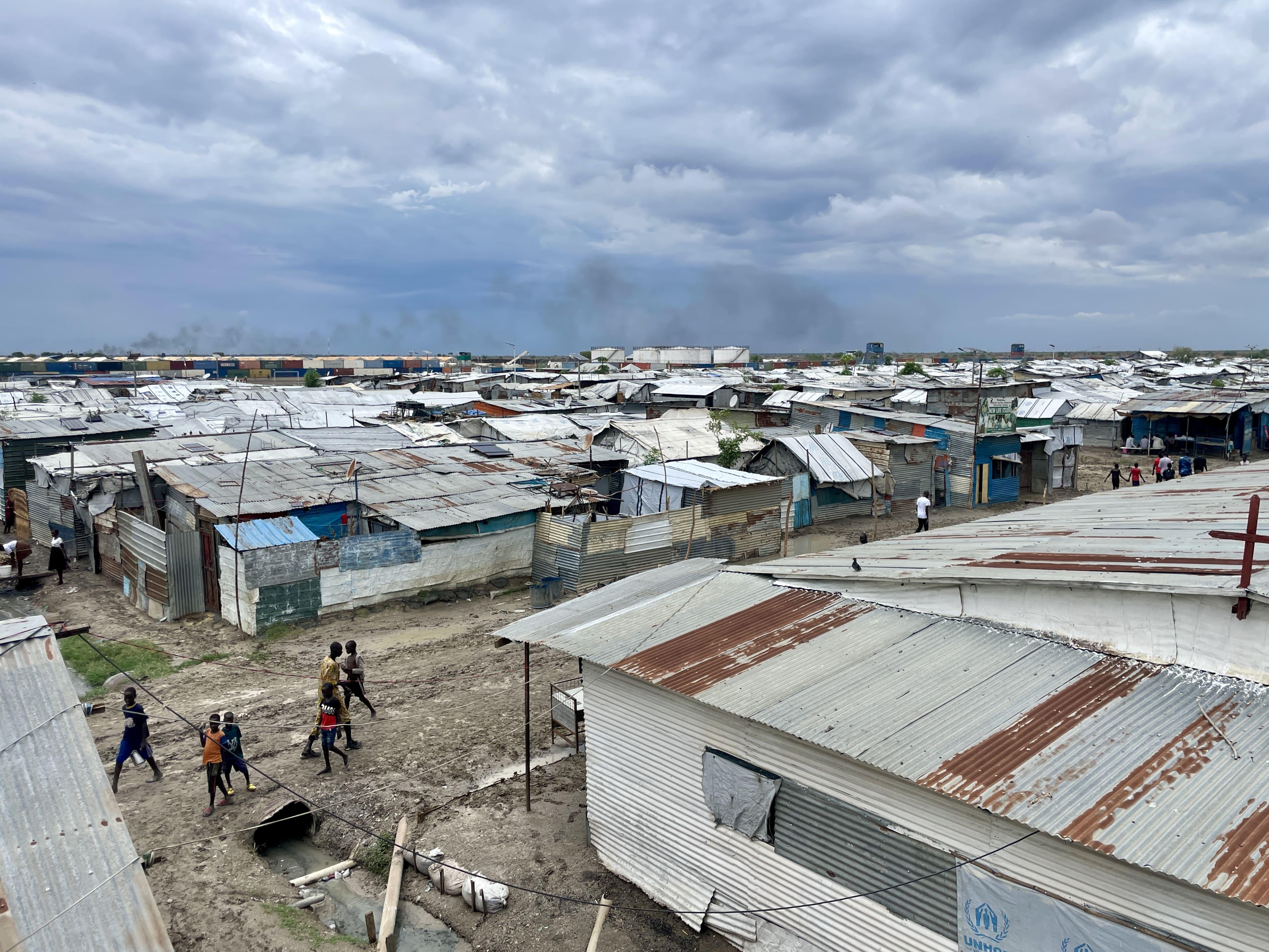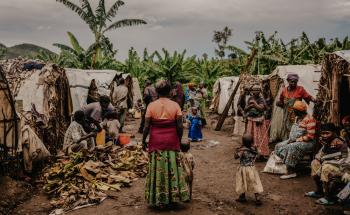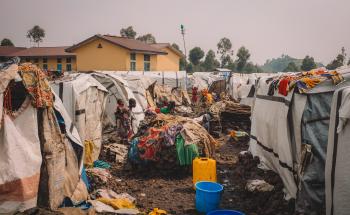
Who are IDPs?
An internally displaced person (IDP) has been forced to flee home but has remained within his or her country’s borders and so is not legally defined as a refugee.
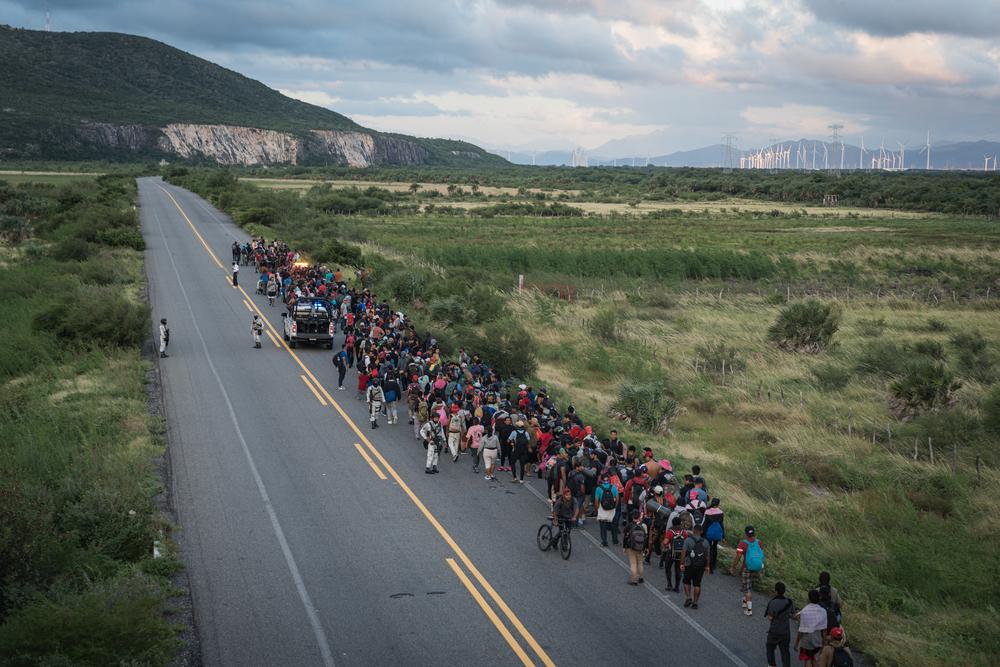
Refugees, internally displaced people (IDPs) and people on the move numbered 117.3 million at the end of 2023. As reported by the UNHCR, this constitutes a rise of 8% or 8.8 million people compared to the end of 2022 and continues a series of year-on-year increases over the last 12 years.
One in every 69 people, or 1.5% of the entire world’s population, is now forcibly displaced. This is more than double the 1 in 25 people who were displaced a decade ago and the most since World War II. There are many reasons people are forcibly displaced, including persecution, war and conflict, violence, human rights violations and serious natural disasters.
With health and well-being jeopardised, the lives of the most vulnerable can be at risk. The majority are internally displaced people (IDPs), meaning they haven't crossed a border and have stayed within their country.
Doctors Without Borders (MSF) teams work alongside people on the move at their points of arrival or during the treacherous journeys they undertake, inside and outside their countries.


An internally displaced person (IDP) has been forced to flee home but has remained within his or her country’s borders and so is not legally defined as a refugee.
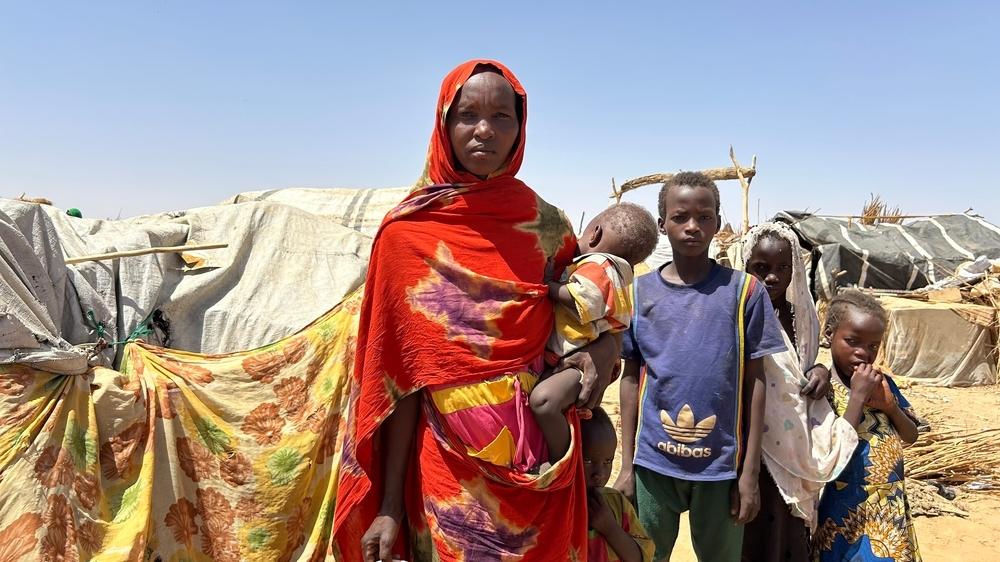
At the end of 2023, there were 43.4 million refugees around the world, an increase in 7% from 2022.
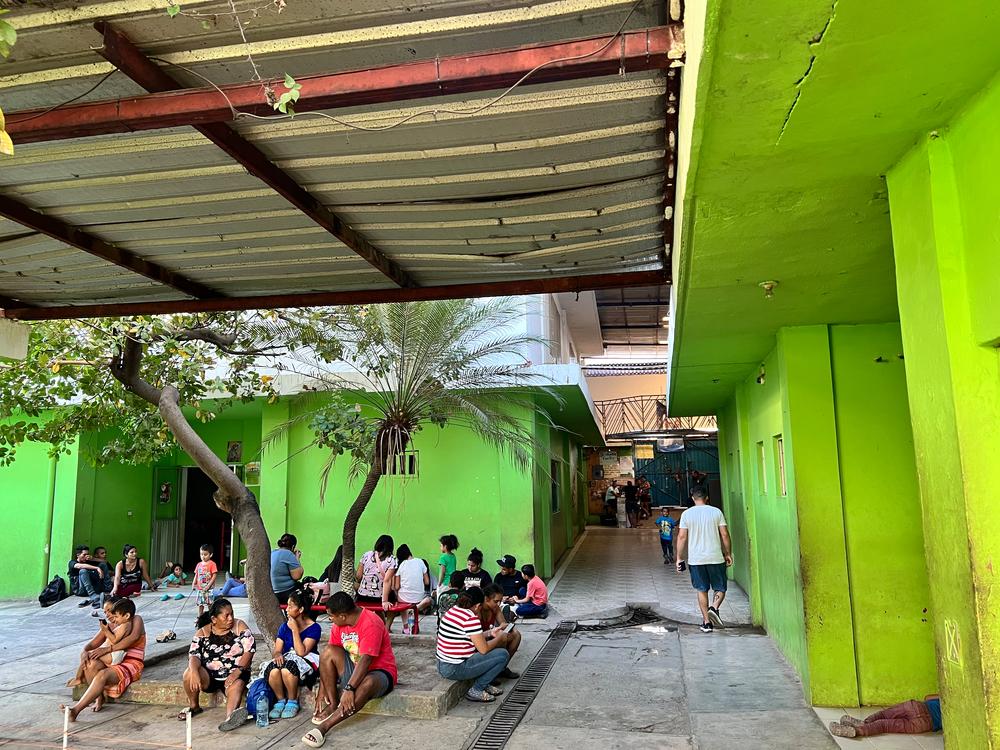
An asylum seekers is a person whose claim for refugee status has not yet been determined, but who is in need of international protection. In 2023, there were 5.8 million asylum-seekers worldwide according to the UNHCR.
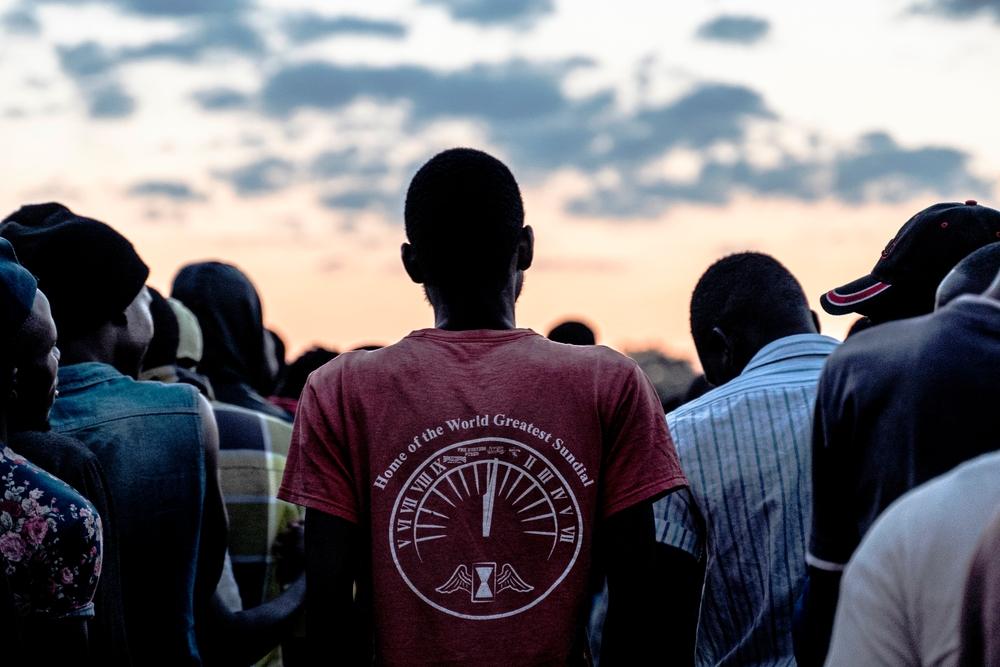
Most refugees remain near their country of origin, with 69% hosted in neighbouring countries at the end of 2023. Low- and middle-income countries continue to host the majority of the world’s refugees, with 75% of refugees living in low- and middle-income countries.

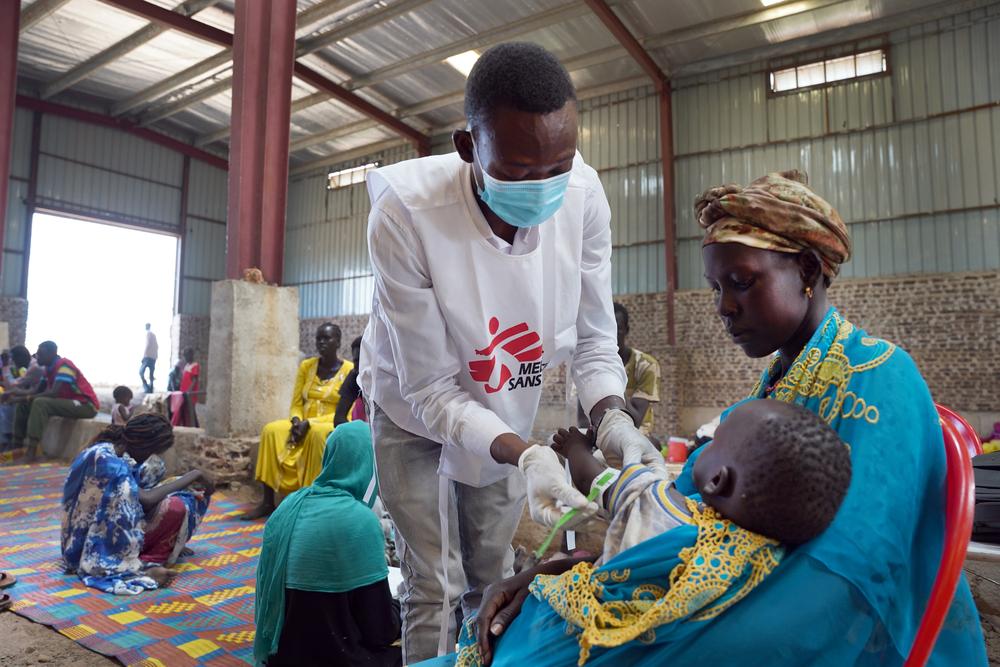
A large part of the MSF field activities are geared towards IDPs and refugees. In 2021, 17% of MSF field projects assisted displaced people, and a further 23% were dedicated to assisting a mix of displaced people and the general population. With the number of people who have been forcibly displaced tripling over the last decade, their health needs continue to mount, and are not always met.
Our roots were put down in the camps set up for Vietnamese, Cambodian, Laotian, Afghan and Ethiopian refugees in the late ‘70s and ‘80s. MSF has a long history of assisting and protecting people.

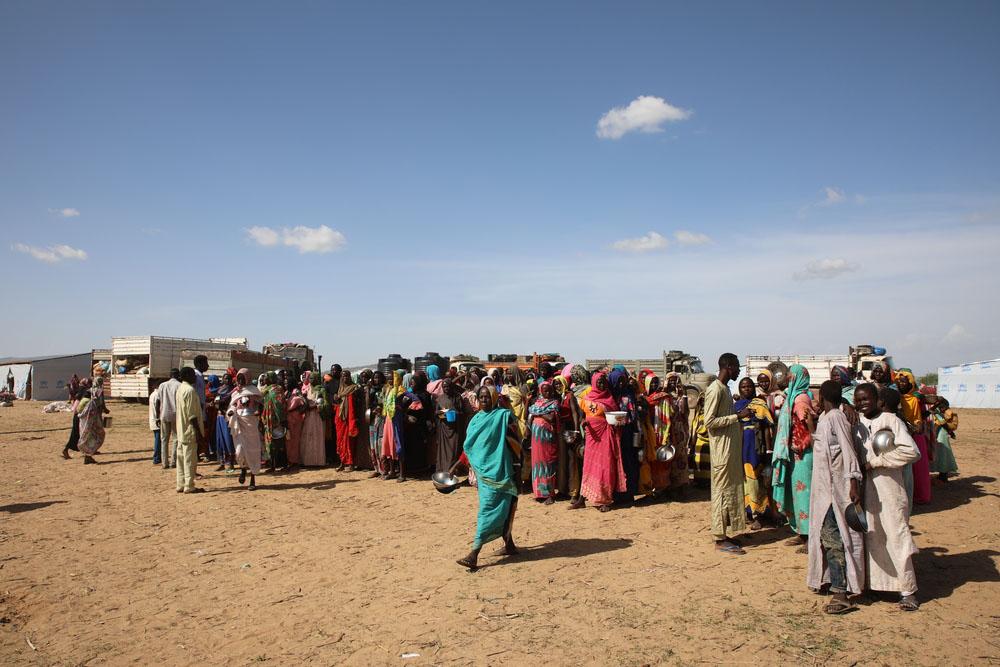
The public health consequences of armed conflict and the displacement of people have been well documented during the past 30 years. We see high death rates among groups of IDPs and refugees but clear priorities have been identified to curb the mortality. The provision of adequate food, clean water, sanitation, and shelter have been demonstrated to be effective interventions.
Our teams in the field help curb mortality by conducting rapid needs assessments, establishing public health programme priorities, working closely with affected communities to organise and manage health facilities and essential medical supplies, raining local workers, coordinating with a complex array of relief organisations to monitor and evaluate the impact of their programmes, and efficientling manage scarce resources.

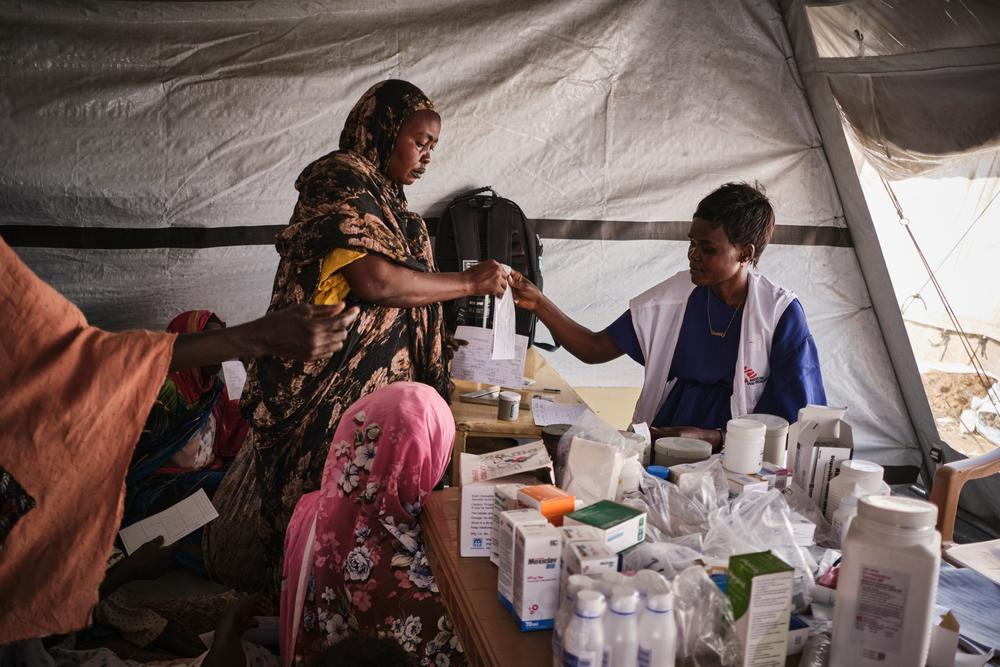
Our work with IDPs and refugees includes a wide array of services such as; treatment of non-communicable diseases, vaccination campaigns, mental health activities, surgery and trauma care, out-patient consultations, maternal health services and obstetrics, provision of shelter, drinking water and latrines, and more.
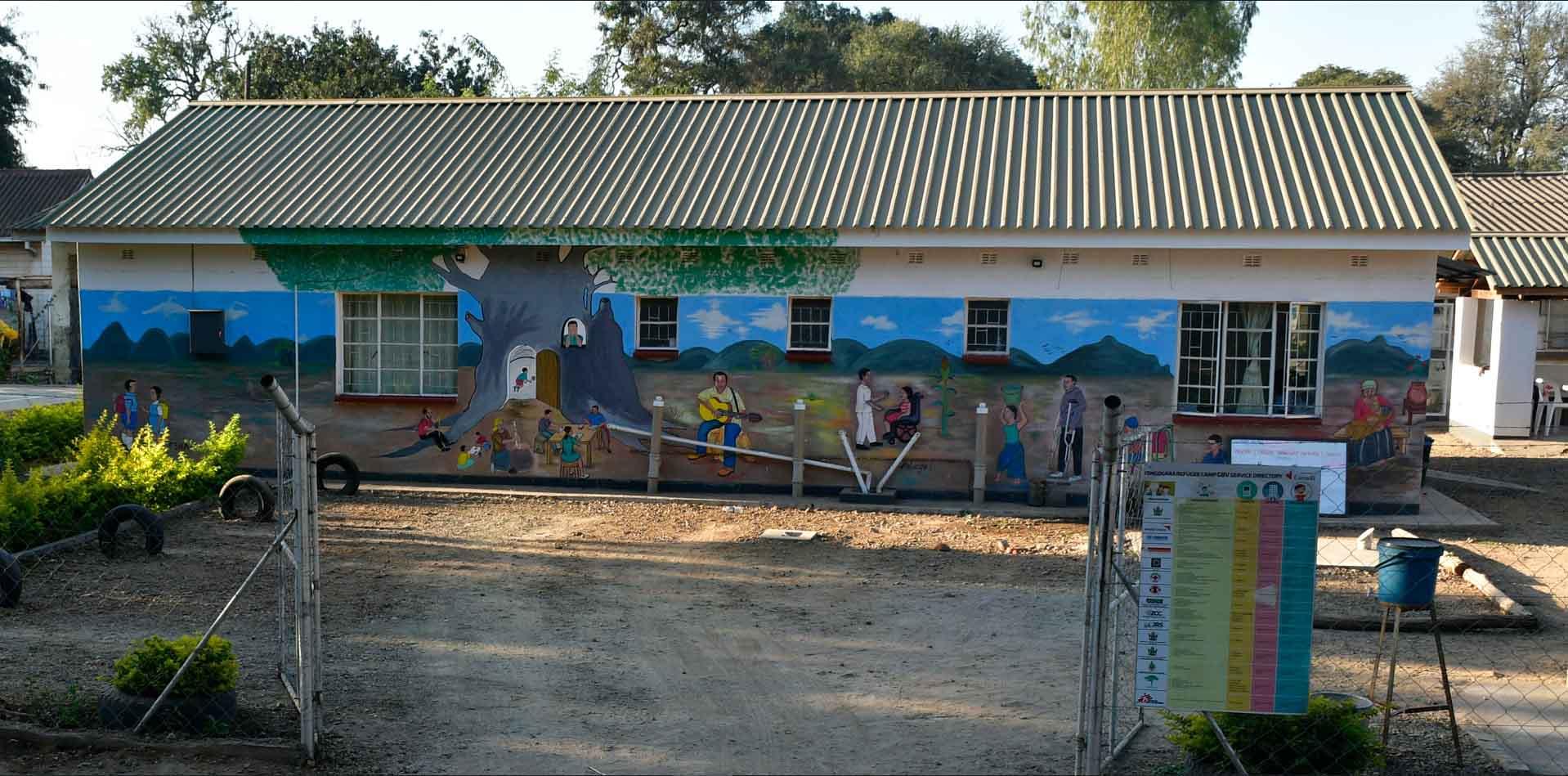
Mental health activity manager Janet Mukurumbira explains how our programme is strengthening people’s resilience and coping mechanisms with the provision of psychological first aid, the formation of support groups and the use of distraction activities in Zimbabwe.
Watch now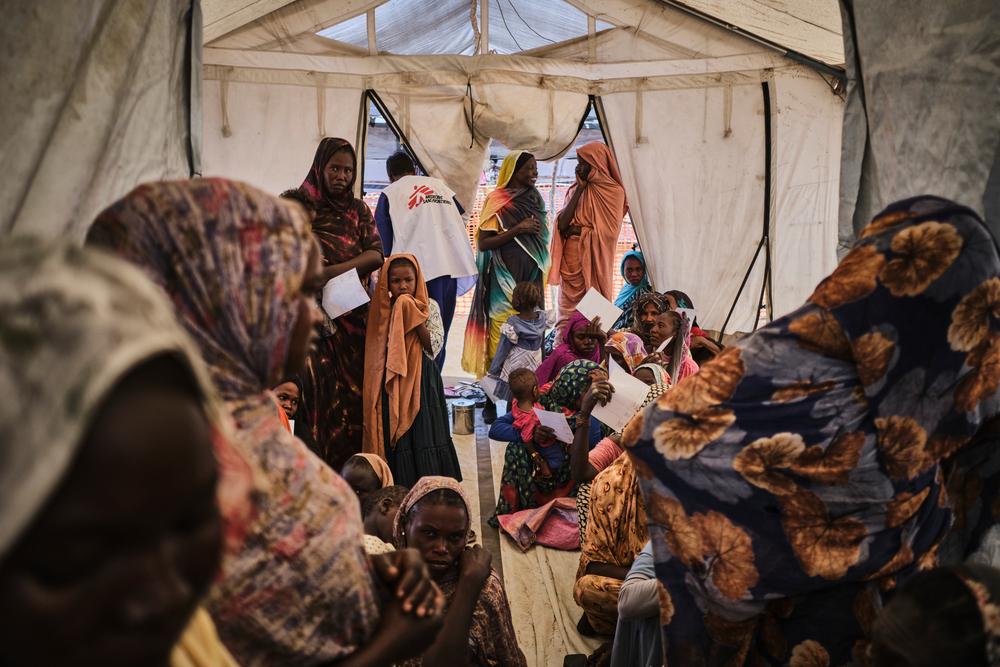
By donating to MSF, you form part of, and enable, a network of individuals worldwide that help care for people and communities displaced or fleeing from their homes.
Donate now